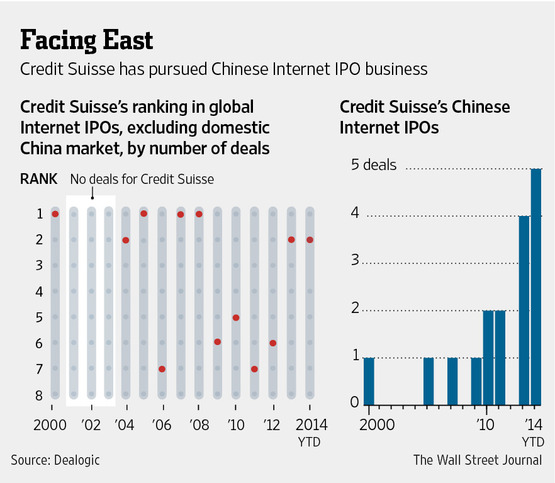BrokerDealer.com/blog update courtesy of extracts from today’s NYT DealBook
Euronext’s initial public offering looks like a tough sell. The firm is seeking a valuation of 1.3 billion euros to 1.8 billion euros when it floats later this month. Anchor investors have a vested interest in backing the issue. But for other buyers, it is a leap of faith.
The IntercontinentalExchange Group is selling down its holding in the unit after inheriting the business through its purchase of NYSE Euronext last year.
Euronext’s initial public offering looks like a tough sell. The firm is seeking a valuation of 1.3 billion euros to 1.8 billion euros when it floats later this month. Anchor investors have a vested interest in backing the issue. But for other buyers, it is a leap of faith.
The IntercontinentalExchange Group is selling down its holding in the unit after inheriting the business through its purchase of NYSE Euronext last year.
Some of the I.P.O. shares have already been allocated. Cornerstone investors, mainly banks, are to buy a third of the shares at a slight discount to the I.P.O. price, in return for a three-year lockup. As users, their involvement makes sense.
Ten percent of the offering is set aside for retail investors, with another 2 percent set aside for other institutions. That may add some needed tension to the process.
Euronext’s pitch is that it will benefit from European economic recovery, a global shift from bonds to stocks, and increased capital markets activity as European banks scale back lending. It also wants to diversify away from plain-vanilla equity trading into derivatives. As a result, the group expects to achieve average annual revenue growth of 5 percent, and margins on earnings before interest, taxes, depreciation and amortization of 45 percent.
Those targets may be more conservative than some peers. But they look a stretch given recent performance.
Revenue fell 11 percent in 2012 and 3 percent in 2013. The London Stock Exchange increased revenue in both years. First-quarter revenue in the current year also fell from a year earlier. Annual Ebitda margins were last above 45 percent in 2011. The forthcoming Financial Transactions Tax, and a possibly secular reduction in trading activity, could restrict any upturn in volumes.
The full article can be found at NYT DealBook.




